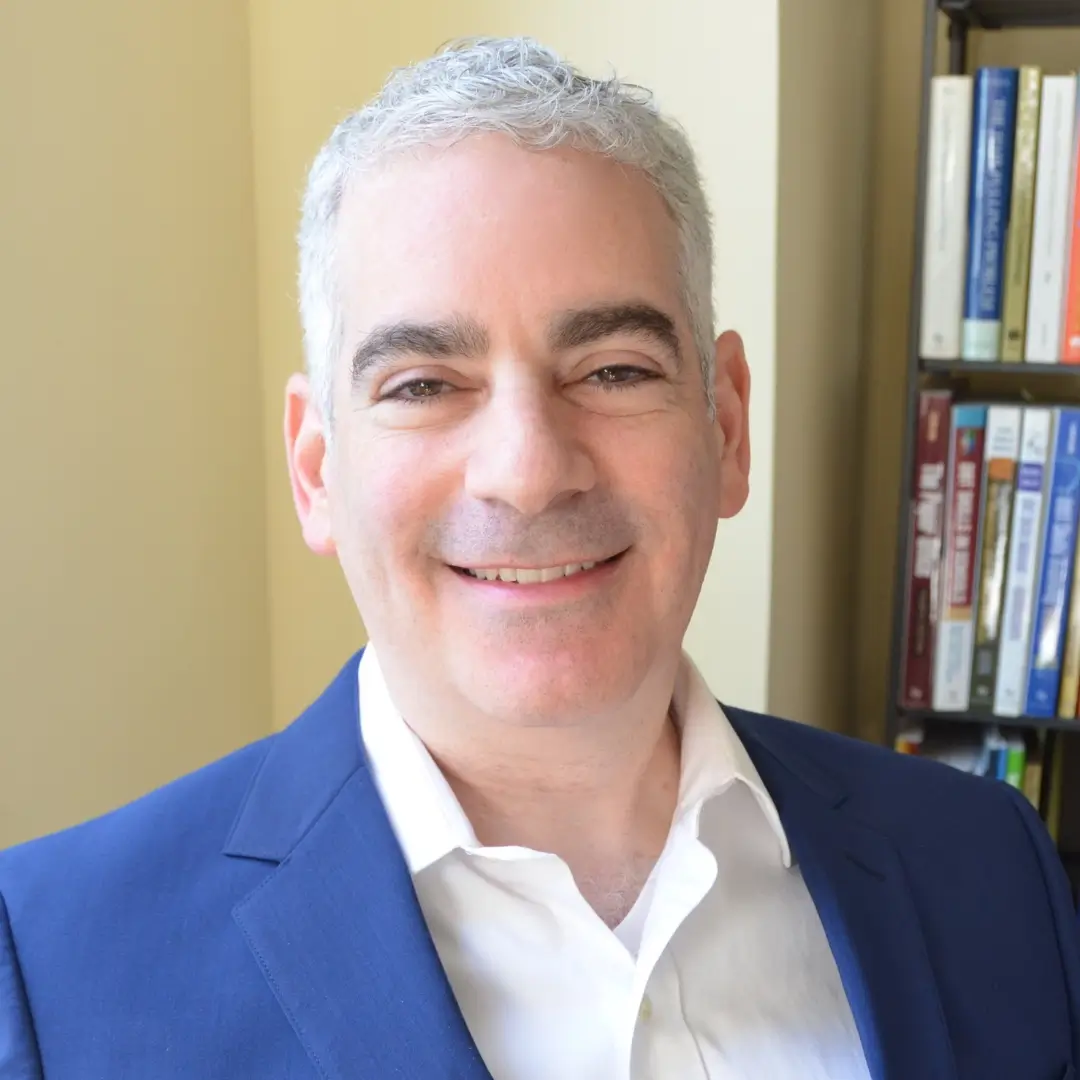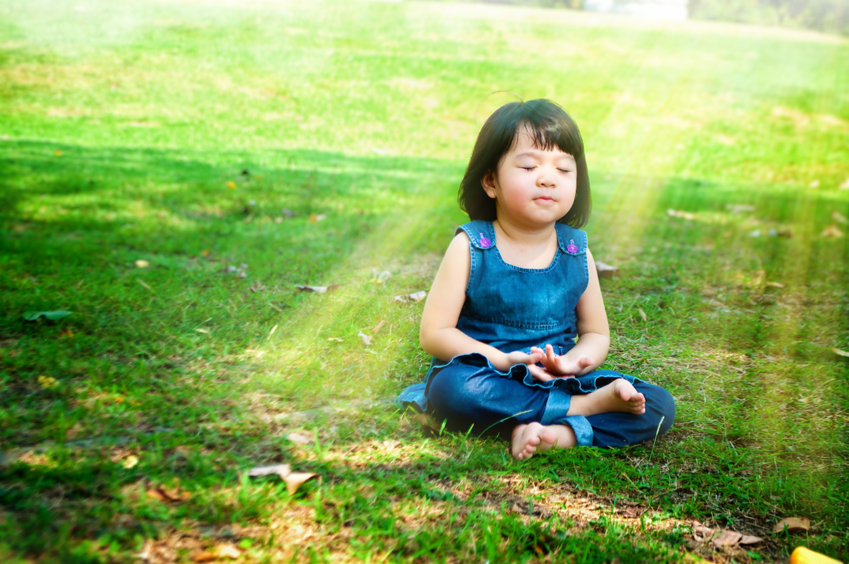God, today help me set aside everything I think I know about You, everything I think I know about myself, everything I think I know about others, and everything I think I know about my own recovery so I may have an open mind and a new experience with all these things. Please help me see the truth.
The set aside prayer is used at the start of many twelve-step group meetings for those in recovery from addiction. The groups help those who have struggled with food, alcohol, drugs, gambling, and other dependencies.
The set aside prayer is a powerful aid for many people. There is a lot of wisdom in it — even more than first appears! This article will examine some of the prayer’s most important aspects that make it helpful for so many.
Mindfulness
Mindfulness is a name for the type of awareness we have when we are in the present moment, observing our experience in a simple and nonjudgmental way. It’s widely thought to be helpful in our efforts to manage a variety of issues including anxiety, stress, and urges toward addictive behavior.
Practicing mindfulness helps us cultivate something called beginner’s mind.
Beginner’s Mind
Adults are often charmed and captivated when they watch a child enjoy something for the first time — whether it’s eating cotton candy, playing with a puppy, or playing a new game — because the experience is so new and fascinating for the child. In the Zen tradition, a child’s mindset in these situations is called “beginner’s mind.” It refers to having an attitude of openness, eagerness, and lack of preconceptions, just as a child or a beginner would.
Why does Zen concern itself with childlike states of mind? Because that freshness of perspective is something valuable. If we are able to set aside our preconceptions about something and experience it as if for the first time, this is beginner’s mind. It’s a perspective that prayer and meditation can help us practice.
The set aside prayer very directly and helpfully points us toward this mindset.
Humility
The set aside prayer helps us practice humility in two important ways.
It reminds us that we’re not perfect. What we think we know might be wrong. It might be right, of course, but setting aside certainty for a while can help us to remain open.
We practice asking for help from something bigger than ourselves because it’s helpful to admit to ourselves the limits of our abilities to navigate recovery. The object of this prayer is often referred to as a higher power, and this higher power can be whatever is most meaningful for you.
The ability to ask for help is important for all of us — whether we’re in recovery or not. The set aside prayer helps us practice that in a small way.
Letting Go
Somewhere between humility and mindfulness is letting go.
Letting go is an important skill; it leads us closer to accepting the things we can’t control. How does it do this? By helping us achieve serenity.
In the serenity prayer, we pray for the serenity to accept the things we can’t change. We can achieve that serenity more quickly and reliably by practicing our ability to let go. When we let go of our attachment to something, there is a kind of peace that replaces it. The more we practice letting go, the more serenity we are likely to have.
Openness
In the set aside prayer, we pray for an open mind. Why?
We all have ways of thinking we know what’s best. And sometimes we do. However, if we’re not careful, this confidence in our own ideas can become a kind of inaccurate arrogance. And arrogance doesn’t help recovery. Sometimes the best antidote to arrogance is an open mind.
To sum things up: the set aside prayer is helpful in many ways. It reminds us of the value of humility, the value of a fresh perspective, and the value of letting go. This shift in mindset can put us in a better place to continue our recovery.









1 Comment
Finally something similar to what my Spiritual Advisor taught me !!!